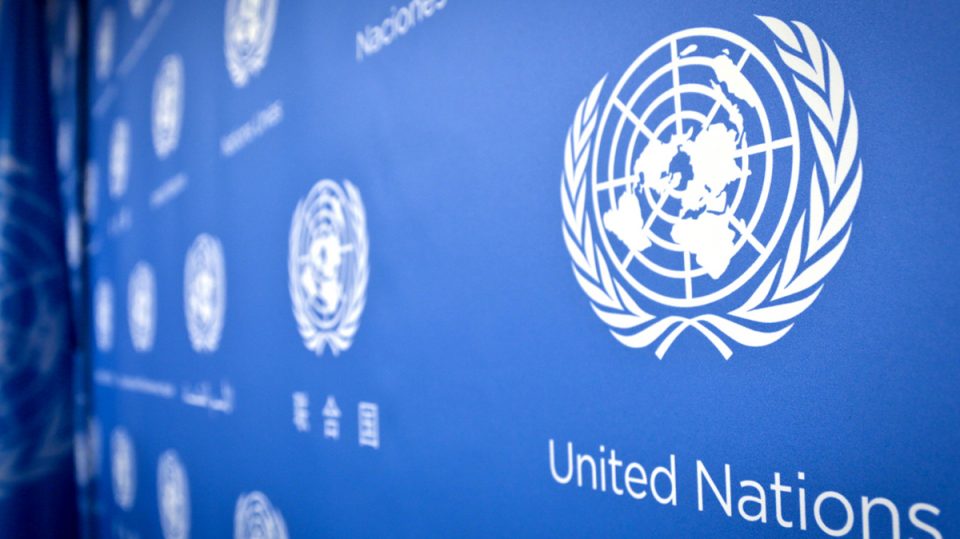64.3million Nigerians lack adequate food, says UN
Thirty-two per cent (64.3 million) of Nigerians do not have enough food to consume, the World Food Programme, an organisation within the United Nations, has stated.
According to the organisation, 170 million people do not have sufficient food to consume across 19 countries. In a March 28 update of the ‘HungerMapLIVE: Western Africa insights and key trends,’ the countries with the highest prevalence of insufficient food consumption are Niger, Mali, Burkina Faso, Guinea, Chad, Sierra Leone, Cameroon, Liberia, Central African Republic, Togo, Guinea Bissau, Nigeria.
In its latest Food Security Update, the World Bank revealed that food insufficiency in Nigeria from 29 per cent to 32 per cent over the last three months. It stated that the overall food and nutrition situation in Nigeria and other West African countries is challenging for a large share of their populations.
Quoting the WFP, the bank said, “The countries with the highest prevalence of insufficient food consumption in the order of severity are Niger (18.2 million people, 81 per cent of the population), Mali (13.9 million, 73 per cent), Burkina Faso (13 million, 66 per cent), Guinea (7.7 million, 62 per cent).
Buhari attends UN conference in Qatar
UN nuclear chief to meet Iran president Raisi during ‘crucial talks’
“Chad (9.2 million, 57 per cent), Sierra Leone (4.4 million, 53 per cent), Cameroon (10.2 million, 40 per cent), Liberia (1.7 million, 38 per cent), Central African Republic (1.6 million, 35 per cent), Togo (2.7 million, 34 per cent), Guinea-Bissau (0.6 million, 34 per cent), and Nigeria (64.7 million, 32 per cent).”
The global bank defined insufficient food consumption as poor or borderline food consumption as determined according to Food Consumption Score. It stated that it is different from food insecurity.
According to the Washington-based bank, the food security situation in West Africa is expected to worsen as the dry season progresses in the months ahead. It noted that while domestic food price inflation remains high, it is particularly bad in Africa, North America, Latin America, South Asia, Europe, and Central Asia.



